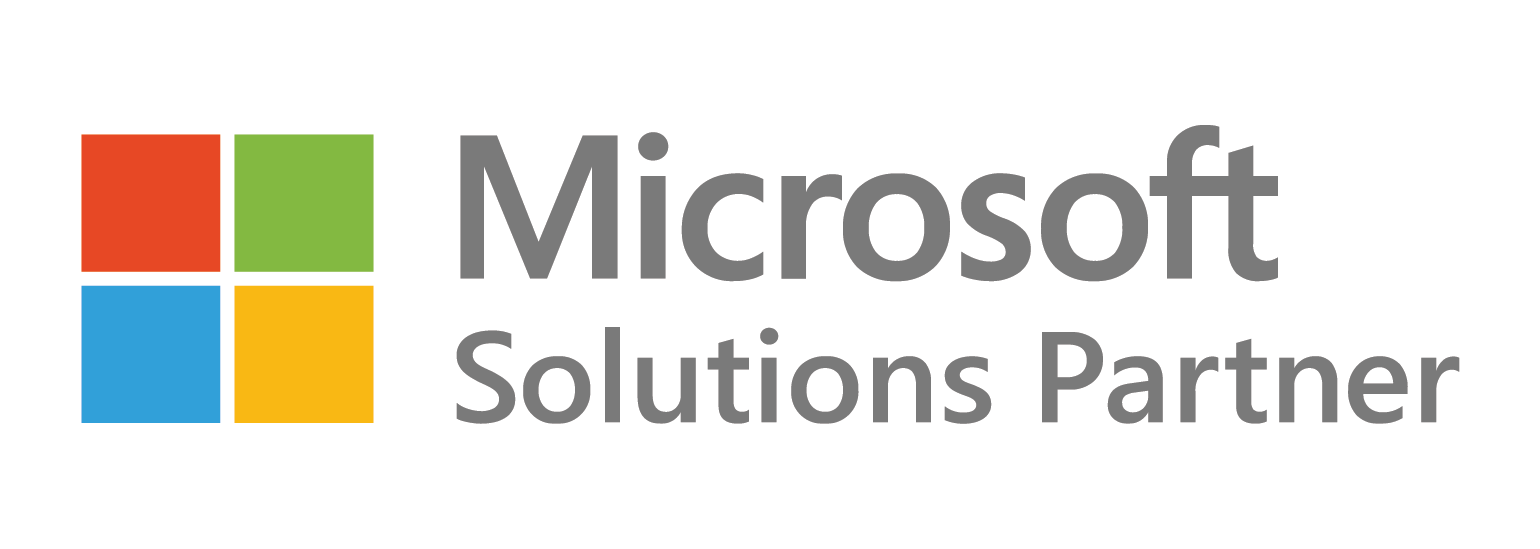In the rapidly changing business environment of the present day, organizations are always looking for methods to achieve sustainable growth and expand their operations.
ERP (Enterprise Resource Planning) systems have emerged as a potent tool to support this endeavor.
ERP systems play a vital role in driving business development and expansion by providing a comprehensive and integrated platform for managing various aspects of an organization’s operations.
An ERP system is, at its foundation, a sophisticated software solution that integrates critical business functions and processes into a centralized and unified system.
It enables organizations to streamline their operations, increase their efficacy, and make data-driven decisions in real time.
By consolidating data from various departments, such as finance, human resources, supply chain, sales, and manufacturing, ERP systems provide a comprehensive view of the business, fostering collaboration and synergy between different functions.
Operations optimization is one of the primary contributions of ERP systems to corporate growth.
ERP systems increase efficiency and productivity by automating routine tasks, removing manual processes, and standardizing workflows.
This enables employees to concentrate on value-added activities and strategic initiatives, ultimately driving growth and expanding the capabilities of the organization.
Optimizing Operations for Enhanced Efficiency and Productivity
 An ERP system is an all-encompassing software solution that integrates and centralizes essential business processes and functions.
An ERP system is an all-encompassing software solution that integrates and centralizes essential business processes and functions.
ERP systems provide a unified view of the organization’s operations by consolidating data from disparate systems and departments, including finance, human resources, supply chain, and manufacturing.
This integration eliminates data silos, streamlines workflows, and enables real-time access to vital data, fostering enterprise-wide collaboration and efficiency.
One of the most significant advantages of ERP systems is their capacity to automate and eradicate manual processes.
ERP systems drastically reduce manual data entry, administrative tasks, and documentation by leveraging advanced automation capabilities.
This automation not only saves time and reduces errors, but also enables employees to concentrate on more strategic and value-added tasks.
With increased efficiency and reduced operational constraints, organizations can effectively allocate resources and maximize levels of productivity.
Empowering Informed Decision-Making through Data Visibility
The ERP system is a comprehensive software solution that integrates and centralizes essential business functions and processes.
By consolidating data from disparate systems and departments, such as finance, human resources, and supply chain, ERP systems provide a unified view of the organization’s operations.
This integration eradicates data silos, streamlines workflows, and enables real-time access to vital data, thereby nurturing enterprise-wide collaboration and efficiency.
The ability of ERP systems to automate and eradicate manual processes is one of their primary advantages.
By leveraging sophisticated automation capabilities, ERP systems drastically reduce manual data entry, administrative tasks, and documentation.
This automation not only saves time and reduces errors but also frees up employees to focus on strategic and value-added tasks. With increased efficiency and fewer operational constraints, organizations can allocate their resources effectively and maximize their levels of productivity.
Enabling Agile Scalability and Adaptability for Business Growth
In a dynamic business environment in which organizations must quickly adapt to shifting market conditions and grasp growth opportunities, agile scalability and adaptability are essential. ERP systems play a crucial role in facilitating the achievement of these objectives by enterprises.
By providing a framework that is flexible and scalable, ERP systems enable organizations to expand their operations without interruption as they grow.
With an ERP system in place, businesses can accommodate increased transaction volumes, additional users, and the introduction of new products or services with relative simplicity.
The modular and adaptable features of ERP systems enable organizations to scale their operations without disrupting existing processes or workflows.
ERP systems provide the infrastructure required to effectively support and integrate expansion efforts, whether they involve opening new branches, entering new markets, or acquiring other businesses.
In addition, ERP systems encourage adaptability by providing a centralized platform that can be integrated with external systems and technologies.
This adaptability allows organizations to leverage emergent technologies, integrate with third-party applications, and adapt to changing industry standards and regulatory requirements.
By integrating diverse business functions and processes, ERP systems facilitate streamlined operations and efficient data exchange, thereby fostering business agility and adaptability in the face of changing business dynamics.
Enhancing Customer Relationship Management and Satisfaction through ERP Systems
First, ERP systems provide a consolidated view of customer data by consolidating data from multiple touchpoints, such as sales, marketing, customer support, and finance.
This consolidated data enables businesses to obtain a comprehensive understanding of customer behavior, preferences, and purchase history.
Armed with this information, businesses can customize their marketing campaigns, personalize their interactions with customers, and deliver targeted services, thereby nurturing stronger customer relationships.
The second benefit of ERP systems is that they facilitate communication and collaboration between departments involved in consumer management.
ERP systems enable sales, marketing, and customer support teams to access real-time customer data, share pertinent information, and coordinate their efforts by eliminating information silos.
This integrated strategy improves the customer experience by assuring consistent and personalized interactions at each touchpoint, thereby increasing customer satisfaction and loyalty.
In addition, ERP systems frequently include customer service management, order management, and contact management features that expedite and automate crucial CRM processes.
These capabilities allow businesses to efficiently manage customer inquiries, orders, and deliveries, as well as monitor customer interactions, ensuring prompt and accurate responses.
By automating these processes, ERP systems not only increase operational efficiency, but also improve the overall customer experience, resulting in greater customer satisfaction.



